There are many ways parents resort to so as to get children to behave in proper ways. Here are some healthy ways where discipline can be carried out in a constructive and more effective manner.
- Reward Good Behaviour
Discipline is not a focus on punitive punishment to keep a child in check. It is important not to make punishment the centrepiece of discipline.
Dr Mason Turner, a psychiatrist, notes that rewarding good deeds targets behaviours you want to nurture in your child and not things he or she should not be doing.
- Be Consistent About Rules
Parents need to set and communicate the rules and expectations clearly to the child. Fluid rule changes may create confusion and children may push the limits to find out where the boundaries are.

It is important for parents to be on the same page and to uphold the rules together. Steer clear from making promises which you won’t keep such as “No outings for the rest of your life” or dishing out punishments which are too extensive.
Or if you take away TV time for a month, it may demotivate your child towards change.
For time-outs, it doesn’t work if it is more than a few minutes long. According to KidsHealth, the recommendation is 1 minute for each year of age while another recommendation is to use the timeout until the child has calmed down (to teach self-regulation).
- Help Your Child to Respect Authority
When a child trusts that you understand and can meet his/her needs, he/she will trust you to set the limits. Dr William and Martha Sears note in ‘Healthy Discipline for Children‘ that parents need to be careful not to confuse being in charge with being in control.
Authority figures who are truly wise would control the situation in order to facilitate self-control in children.
- Give Clarity on Rules
It is important to teach right from wrong. Instead of saying “Don’t run around when you eat”, try “Please sit down and finish your food.” Limits should be supplemented with conditions that make it possible to follow.
⇒ Related Read: Dealing With Feeding Problems in Children
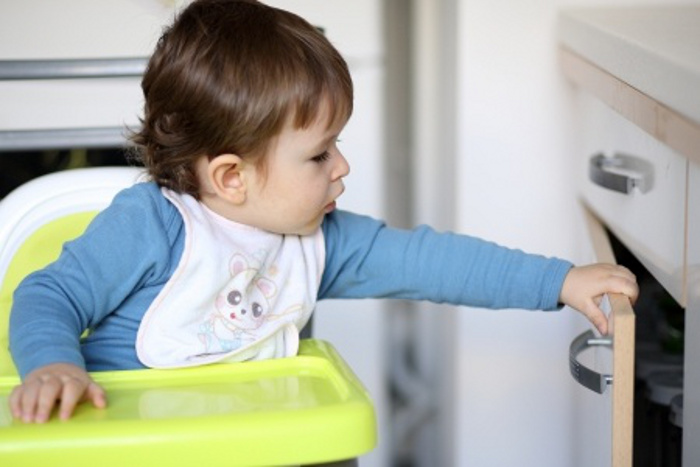
For example, toddlers are naturally curious roamers. Parents need to set limits (where they can roam) and structure (childproof the house).
- Model Good Behaviour
Parents are the first people your child interacts with. Parents set the standard for a child’s first impression towards authority, social communication, mannerism, etc. If a parent constantly exhibits anger, it can be ingrained as part of the child’s self.
If a parent models positivity while coping with difficult times; the child learns that situations in life can be handled with grace and tact. If a parent mishandles a situation or makes a mistake, cool off and then apologise. Explain how the situation could be better handled. This provides a good example of how to recover from mistakes.
- Never Discipline When You are Emotional
Be careful not to transfer your emotions to your child. Are you in a situation that makes you angry? If you are already strung up, you may go over the edge with minor issues that your child may unintentionally do or say.

It is hard to maintain clear-headedness in an emotional state and you may do things which are regrettable. There is a risk for power abuse and over-discipline which may harm the child’s well-being.
- Withholding Privileges
There are many considerations when it comes to withholding privileges in the event of non-cooperation. Firstly, never ever take away something that is essential to the child, for example, meals or sleep.
Select something that the child values and that is related to the misbehaviour. For children below 7, it is more effective if the consequence is effected with immediacy.
➡️ Related Read: Child Misbehaviour 101
If there is too much time in between the action and the consequence (no playground time tomorrow), the child may not link the behaviour with the consequence (Discipline and Your Child, American Academy of Pediatrics).
- Spanking
While it is true that many adults who were caned as children turn out to be well-adjusted and functioning people today, there are recommendations against using caning as a mode of discipline.
➡️ Related Read: Caning Destroyed the Trust in My Kids
Spanking can have a fast turnaround as the child may comply under fear or threat. However, it can increase aggression and anger as opposed to teaching responsibility.
Substantial parenting resources note that spanking teaches a child that causing others pain is acceptable if you are frustrated or want to maintain power – even with those you love.

For example – a child is not likely able to distinguish the difference between getting caned by his parents and hitting another child to get what he wants.
“Spare the rod, spoil the child”. By not caning, does it mean parents are soft? Perhaps we can consider that “the rod” can refer to the parental oversight of discipline, protection, authority and power that the parents can effect on their children.
- Check Your Expectations
Understand what your child can or cannot do. This applies to both the aspect of the developmental stage of the child as well as the capability of the child. Every child is different.
Be aware that you are not asking your child to do something that is not achievable at his age. When something is not followed check whether this is because the instruction was not understood, or whether it was not realistic for the child to comply.
- Age-appropriate Discipline
Do we expect our children to think and behave like adults? It is essential to recognise what is usual for a child at different developmental stages to be able to differentiate the actual act of intentional disobedience.
For example, a toddler can hardly be faulted for misbehaviour for not sitting still through a movie. A 3-year-old throwing things would be handled differently from a 10-year-old doing the same.
- Consider The Feelings of Your Child
Observe the feelings of your child when he or she is misbehaving. Is there a pattern as to when your child disobeys or acts out? Talk and find out why he or she is behaving this way instead of dishing out punishment immediately.
⇒ Related Read: Enhancing Communication with Your Children – the DISC Personality Way
In order for discipline not to become a top-down approach and for our children not to block us out, communicate and listen. Let them know we value how they think and feel.

It is important to think from their perspective. When disciplining, does your child feel put down? Are the time and the place appropriate for the discipline?
- Raise Children Who Care
In disciplining children to behave in a rightful manner, it is valuable to raise children who care.

Dr Sears explains the root of a moral child as stemming from sensitivity to oneself and to others, the ability to anticipate how one’s actions will affect others before executing an action.
When we treat our children with empathy by considering their feelings and rights, they will learn empathy from us.
By Som Yew Ya.
* * * * *
Stay in touch! Subscribe to our Telegram here for all our latest updates.
Want to be heard 👂 and seen 👀 by over 100,000 parents in Singapore? We can help! Leave your contact here and we’ll be in touch.






































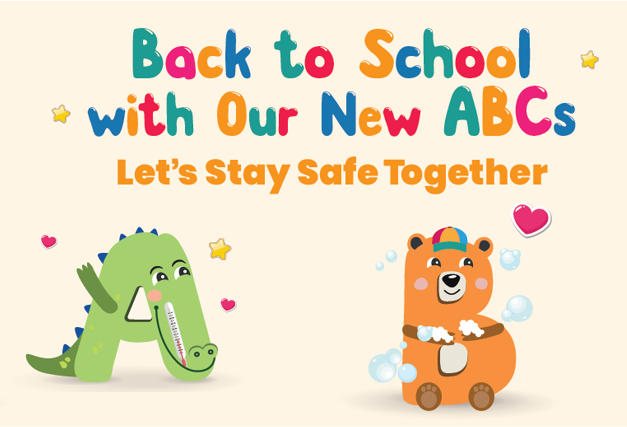
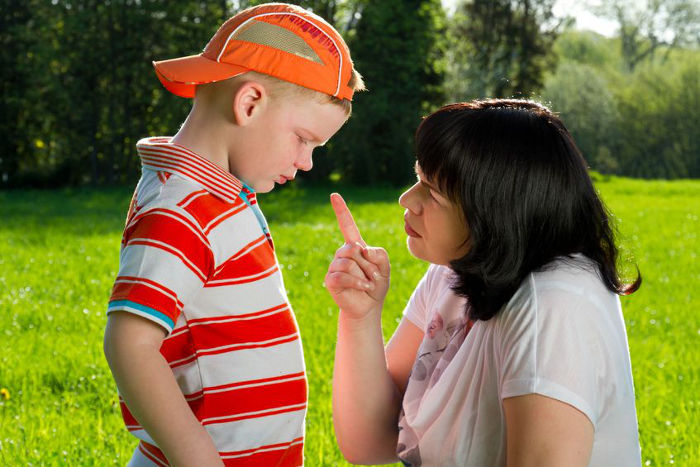

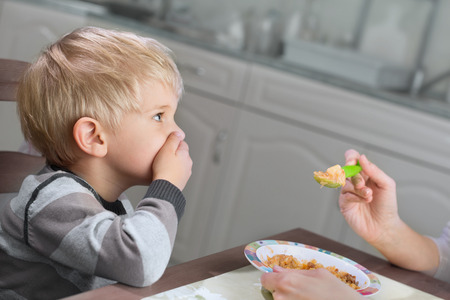
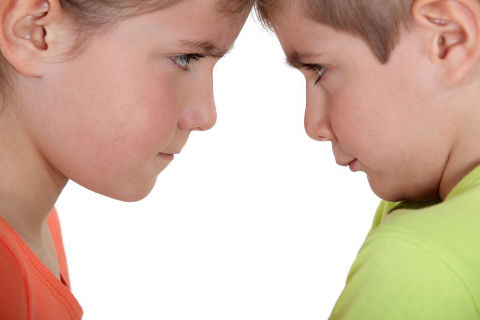




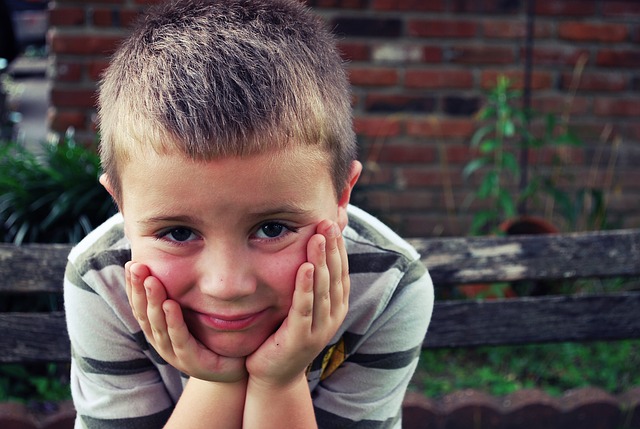









Leave a Comment: